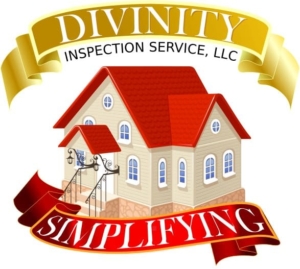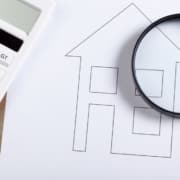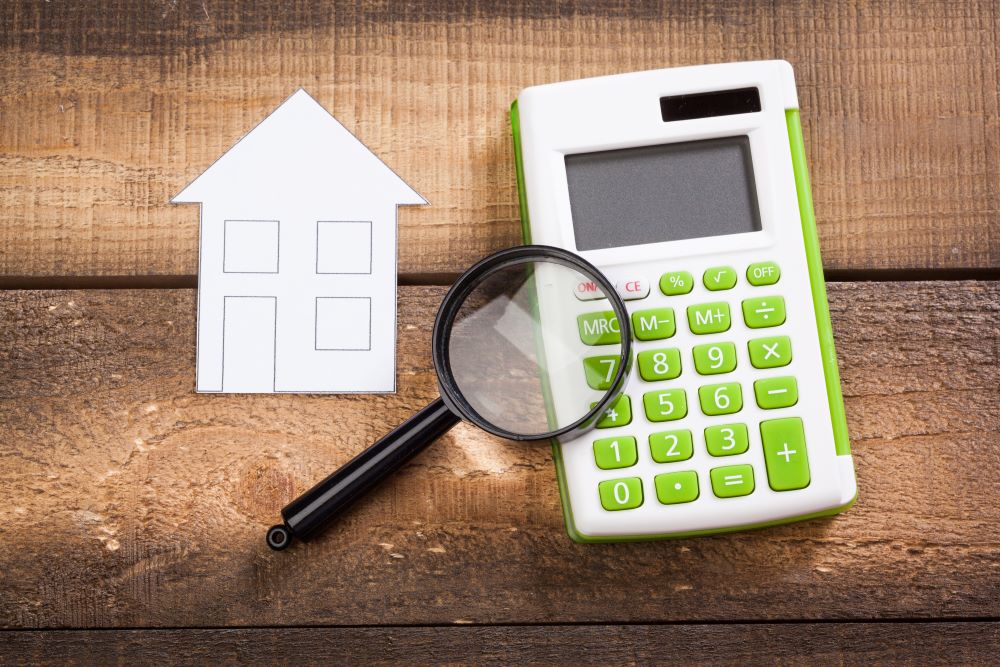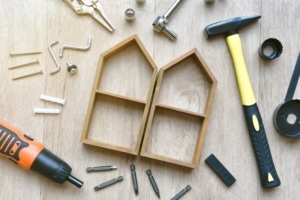The 7 Most Common Home Inspection Issues in Florida
Identifying and addressing common home inspection issues is crucial for maintaining the value and safety of a property. That’s why, when it comes to buying a new home in Tampa, Florida, one of the most important steps in the process is the home inspection.
When you understand the most common problems in a residential property, it allows you to negotiate fair prices and request necessary repairs. In this article, we will explore the most common home inspection issues in Florida and provide valuable insights to help you navigate the inspection process with confidence.
1. Roofing Problems
With its intense heat, heavy rainfall, and occasional hurricanes, Tampa, Florida’s climate puts significant stress on roofs. So it should not be a surprise that roof problems are the most common issue found during home inspections.
Because of this, Florida inspectors often find things like
- Missing shingle(s)
- Damaged shingle(s)
- Improper installation
- Leaks
- Inadequate ventilation
Unfortunately, these problems can lead to water damage, mold growth, and compromised structural integrity if not addressed promptly.
2. Electrical System Deficiencies
Did you know that an outdated or faulty electrical system can pose serious safety hazards? During a home inspection, inspectors look closely at the electrical panels, wiring, outlets, and switches to make sure you are safe.
Some common electrical problems are
- Outdated wiring
- Insufficient grounding
- Overloaded circuits
- Improper installations
These problems not only make electrical fires more likely, but they can also cause electrical shocks and damage to appliances and electronics.
3. Plumbing Leaks and Drainage Problems
Because Tampa, Florida has a high water table and gets a lot of rain, plumbing problems are common. So it makes sense that inspectors would want to check plumbing systems carefully for leaks, water damage, clogged drains, and not enough drainage.
Some of the most common plumbing issues in Florida homes are:
- Corroded pipes
- Faulty water heaters
- Inadequate water pressure
- Insufficient drainage systems
If you take care of these problems quickly, you can stop water damage, mold growth, and possible health problems.
4. HVAC System Malfunctions
Because of the hot and muggy climate in Tampa, Florida, it is essential to have a heating, ventilation, and air conditioning (HVAC) system that is in good working order. It’s important for both comfort and the quality of the air inside the building.
That is why they check the following when performing an HVAC inspection:
- AC units
- Furnaces
- Ductwork
- Insulation
Some of the most typical problems involving the HVAC system are:
- Inadequate cooling or heating
- Dirty filters
- Malfunctioning thermostats
- Wrong unit size
- Duct leaks
- Improper installation
Do not let the fact that these issues were found on your home inspection dampen your spirits. Keeping up with routine maintenance and repairs is the key to maximizing comfort and minimizing utility costs.
5. Structural Problems
Florida’s unique geographical features, such as high water tables and sinkhole-prone areas, can lead to structural problems in homes.
This is why inspectors look for signs of foundation issues, such as:
- Cracks in walls or floors
- Uneven settling
- Damaged supports
- Deteriorating supports
It is critical to address these structural problems promptly to prevent further damage and ensure the safety and stability of the home
.
6. Pest Infestations
Florida’s warm and humid climate also creates an ideal breeding ground for
various pests.
Examples of common intruders are
- Termites
- Ants
- Roaches
- Rodents
Because of this, inspectors thoroughly examine the property for signs of pest infestations, such
as:
- Termite damage
- Droppings
- Nests
- Gnaw marks
If left untreated, pest infestations can cause extensive damage to the structure and compromise the overall integrity of the home.
7. Mold and Mildew Growth
Tampa, Florida’s high humidity levels make homes susceptible to mold and mildew growth, especially in areas with poor ventilation or water intrusion.
Home inspectors inspect areas prone to moisture, such as bathrooms and the attic, for signs of
- Mold
- Mildew
- Water damage
Mold can cause health issues and lead to costly remediation if not addressed promptly.
A Closer Look at Common Home Inspection Issues
Buying or selling a home in Florida is an exciting venture, but it also comes with some serious obligations. Understanding and fixing common home inspection issues that affect property value and safety is crucial to this process.
As a buyer, knowing these pitfalls gives you confidence in negotiations. Armed with insights into roofing problems, electrical system deficiencies, plumbing leaks, HVAC malfunctions, structural concerns, pest infestations, and mold growth, you’ll be well-prepared to make informed decisions. By taking appropriate measures early on, you can save yourself from the stress of dealing with costly repairs down the road and ensure your new home remains a safe haven.
For sellers, knowledge of these inspection issues is equally important. Fixing issues before listing your home can boost its value and attract more discerning buyers. Demonstrating a proactive approach to maintenance and repairs shows that you care about your property’s condition and instills trust in potential buyers.
Remember, a comprehensive home inspection is not just a checkbox on your to-do list. It’s an investment in your future—a safeguard for your peace of mind and the long-term value of your property.
At Divinity Inspection Services, we understand the significance of this journey, and we’re here to guide you every step of the way. With our experienced inspectors and meticulous approach, we leave no stone unturned in identifying and explaining potential issues.
We believe in empowering our clients with knowledge, giving them the confidence to make the right decisions.
So don’t let uncertainties hold you back! Reach out to us today for your free quote.
Let us join you on this adventure, unlocking the secrets of home inspection and helping you embark on a path of confidence and security.











